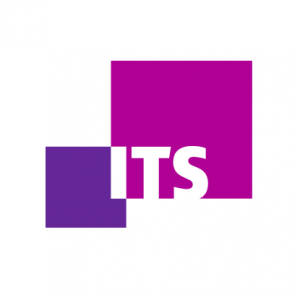From São Paulo to the World: NetMundial+10 and the Evolution of the Internet
By Chiara de Teffé
published in
2 de May de 2024
categories
theme
The NetMundial+10 event, held on April 29 and 30 in São Paulo, marked a decade since the landmark 2014 NetMundial meeting, which established key guidelines for global Internet governance and celebrated the enactment of the Brazilian Civil Rights Framework for the Internet (Law No. 12.965/14).
Organized by the Brazilian Internet Steering Committee (CGI.br), this edition brought together over 400 participants from more than 60 countries. The event aimed to evaluate the progress made in Internet governance and address the challenges that persist while also fostering deeper discussions on multisectoral governance and decision-making within countries and multilateral organizations.
With the participation of government leaders, private sector representatives, the technical community, academia, and civil society from around the world, NetMundial+10 created a dynamic environment for dialogue and the exchange of ideas. The discussions revolved around pressing issues, including the impact of artificial intelligence on the future of the Internet, digital inclusion, data privacy, equitable treatment of nations and stakeholders, platform regulation, strengthening the Internet Governance Forum (IGF), and the risks of internet fragmentation.
The event concluded with the drafting of an important document that addressed the following key points:
- The reaffirmation of the Ten Principles for the Internet Governance Process, first established at NetMundial 2014: multistakeholderism; open, participatory, and consensus-driven governance; transparency; accountability; inclusion and equity; decentralization; collaboration; meaningful participation; access and minimizing barriers; and agility.
- The challenges posed by rapid digital transformation, particularly in relation to security, privacy, and inequality. The document also acknowledged the opportunities that new technologies present for social and economic development.
- The need to effectively implement multistakeholderism, ensuring that all stakeholders have meaningful participation in internet governance decisions, to promote equitable and effective engagement.
- The importance of improving coordination among different governance initiatives and processes to avoid duplication and conflicts, with a call for a stronger role for the Internet Governance Forum (IGF).
- Operational guidelines were proposed to strengthen multistakeholder processes, emphasizing the equitable participation of all stakeholders and the respect for human rights and international law.
- The document also stated that NetMundial+10 aims to influence discussions and decisions on digital governance at intergovernmental, national, and regional levels, offering recommendations to optimize resource allocation and ensure synergy among different processes.
This event provided a valuable opportunity to reflect on the evolution of the internet and how decisions made in forums like NetMundial shape the way the world connects and communicates. The convergence of diverse perspectives, all united by the shared goal of an open and free internet, underscores the continued importance of multistakeholder collaboration in addressing future challenges.
Hosting such a significant event in Brazil reaffirms the country’s role in the global Internet governance agenda and strengthens ties among local and regional participants in Latin America. It is crucial to ensure that regional and local viewpoints are considered in global discussions and to create an environment conducive to addressing lessons learned from the pandemic, particularly in ensuring resilience and equity in internet access during crises.

